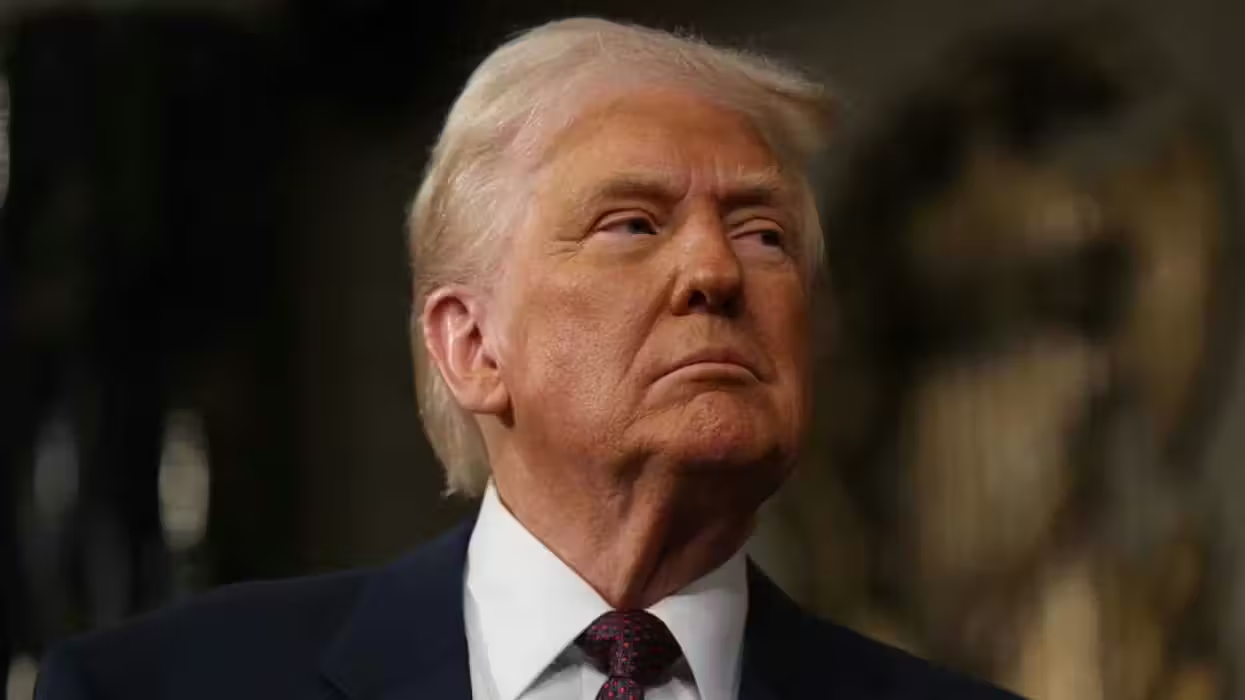Did you hear? It's called Moneyball for Government and it's a blueprint for how to solve all of the problems we're seeing in Washington DC. The plan -- written by Peter Orszag, former director of the Office of Management and Budget under President Barack Obama, and John Bridgeland, former director of the White House Domestic Policy Council under President George W. Bush-- is a prime example of the kind of solution you come up with when you're not in the least bit creative and/or are detached from reality.
The duo offers three points to their "Moneyball for Government" program. Let's take a look at them one by one. Their words are in bold.
First, government needs to figure out what works. Which it will never do. For starters, in order to figure out what works, you must also acknowledge what doesn't work. Failures carry political consequences, which is why Washington D.C. has always been, and will always be, loath to acknowledge them.
Bridgeland and Orszag say the problem is one of gathering data that would allow us to separate the wheat from the chaff. They write, "we know too little about the policy solutions that will improve outcomes" and "should dedicate at least 1 percent of programmatic funding for evaluation, so we can begin to identify what works – and just as importantly, what doesn’t." Horse hockey. The problem is that the idea of success and failure is subjective. Social Security, for example, is a success in that it manages to get checks into the hands of millions of retirees every month. It's a failure in that it's financially unsustainable in the long run. Likewise with every other third rail entitlement.
These facts actually undermine part two and three of the plan, but let’s continue on for gits and shiggles...
Second, once we know what works, government needs to shift dollars in that direction. Oh damn, really? It's as easy as that? Do Bridgeland and Orszag know that the budget process has hit a few snags, or were they asleep while the rest of America went through the political full body cavity search that just transpired on Capitol Hill?
But I suppose that simply "shifting dollars" to what works is pretty easy proposition when we're magically agreeing on what works and what doesn't work. Super job, guys. Let's move on.
Finally, we need to stop funding what doesn’t work. HAHAHAHAHAHAHAHAHAHAHAHAHAHAHAHAHAHAHA!!! You're killing me.
The entire premise of Orszag and Bridgeland's plan can be summarized in one line: The technocrats need to be better technocrats. You can wrap it in all the cute pop culture references you want but it doesn't change the underlying facts.







